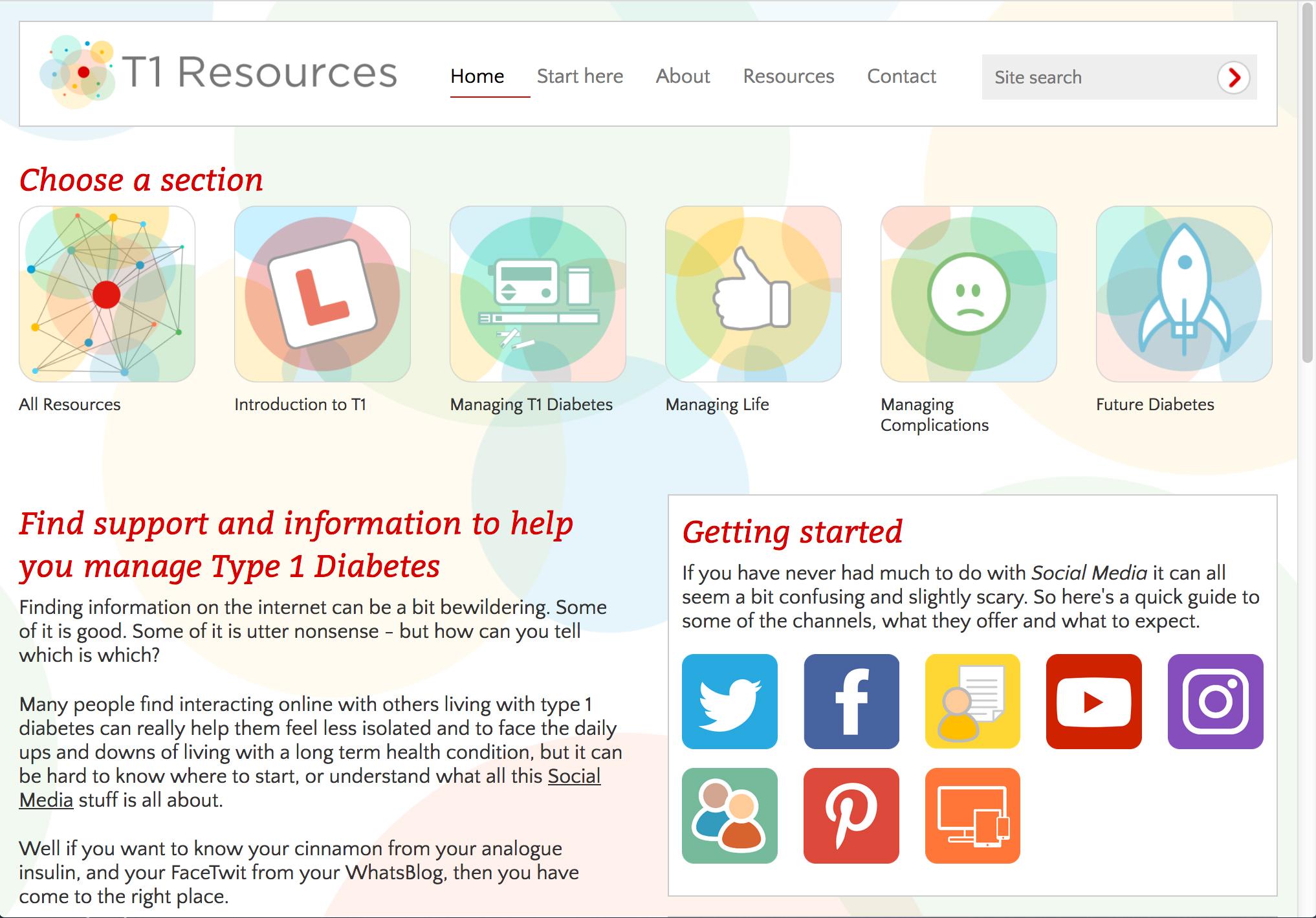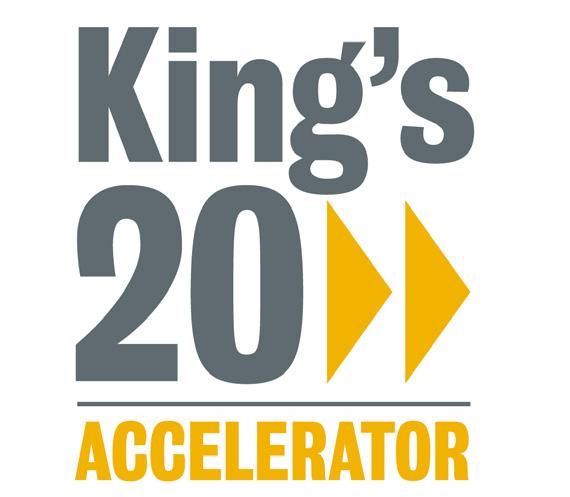
7 minute read
Passport to enterprise
Ben Mervis and Robert Koenig are former King’s students who have been granted Tier 1 (Graduate Entrepreneur) Visas with their food-focused ventures. Tier 1 visas allow graduates to extend their stay in the UK by starting a business. Read about their entrepreneurial journeys.
Ben Mervis Founder of Fare Magazine
Advertisement
WHAT IS FARE MAGAZINE?
Fare is a travel magazine for foodies that explores the heart of a city’s culture through 200 pages of artwork, essays, interviews and localised fiction that taps into the culture of a given place.
WHAT HAVE BEEN THE BIGGEST CHALLENGES IN YOUR ENTREPRENEURIAL JOURNEY?
There have been loads! I didn’t know anything about journalism or publishing before embarking on this. It is my first endeavour as an editor and a publisher… so that has clearly been a big learning curve. I managed everything on the fly really. I’m still making it up as I go along – doing what I think is best and then learning from when I make mistakes. Challenges occur everywhere, naturally, from content generation, to printing, to distribution, sales, and social media. entrepreneur, obtaining a visa is an inevitable obstacle to face. However, do not be discouraged by it. I personally found the process straightforward compared to other visa applications!
WHERE DO YOU FIND INSPIRATION?
Just sitting in my lounge, drinking cup after cup of tea!
WANT TO KNOW MORE?
Visit www.faremag.com Instagram: @faremag Twitter: @FareMagazine
WHAT HAVE YOU LEARNED?
That everyone is making things up as they go, just like you. It’s a nice confidence booster when you realise that.
WHAT CAN YOU TELL US ABOUT YOUR VISA APPLICATION PROCESS?
I’m from Philadelphia initially but came to Glasgow, Scotland, on my study abroad year and fell in love with the place. I’ve now lived in the UK for six or seven out of the last nine years. As an international
Robert Koenig Founder of Spoonzy
WHAT IS SPOONZY?
Spoonzy is a web and mobile app that allows users to quickly build meal plans, get the ingredients delivered from Tesco, and cook with easy stepby-step picture recipes. Our mission is to radically simplify meal planning and grocery shopping. The process revolves around a no-waste planning strategy which ensures you use everything you buy. Our meals are healthy and tasty.
They are designed by our co-founder, an award-winning cookbook author.
WHAT HAVE BEEN THE
BIGGEST CHALLENGES IN YOUR ENTREPRENEURIAL JOURNEY?
One of my biggest challenges was finding a co-founder. It is hard to find someone that complements you and is equally as passionate about your idea. It was also difficult to devise a focused, well-articulated strategy and develop our software.
WHAT HAVE BEEN THE LESSONS YOU’VE LEARNED?
I’ve learned that I can’t change the world alone. My project requires specialist expertise in several areas. Without recruiting other people to my mission, the project would not have progressed as far as it has. I will also need to recruit more people in order to progress further. When I started, I thought entrepreneurship was the ultimate exercise in independence. It’s the exact opposite. Entrepreneurship is the ultimate exercise in getting other people to work with you, and buy your stuff.
WHAT CAN YOU TELL US ABOUT YOUR VISA APPLICATION PROCESS?
I’m originally from Vermont, USA. I studied at King’s and SOAS as an undergrad, and then moved to Edinburgh to work for a global investment company. The UK has been very welcoming, and the application process for the Tier 1 visa is quite fair, so I would tell international entrepreneurs not to be scared by it. The process challenged me to articulate a persuasive vision for my company, while respecting the inherent uncertainty and flexibility within a start-up strategy.
WHERE DO YOU FIND INSPIRATION?
My squash club is my favourite place in the UK. But in terms of inspiration for my business, I copy other start-ups whenever I can. Good artists imitate, great artists steal. In particular, we have been inspired by the food photography of Gousto, and the customer community of Monzo bank. I also really like the focus of chains like In-N-Out Burger and Pret. Like them, I want to be really good at one thing.
WHAT BOOKS WOULD YOU RECOMMEND OUR READERS?
Big Magic by Elizabeth Gilbert, Grinding It Out by Ray Kroc and Zero to One by Peter Thiel and Blake Masters.
WANT TO KNOW MORE?
Visit spoonzy.co.uk
TAKE ACTION!
We endorsed several Tier 1 visas last year. More information and application dates are here: bit.ly/KCL-T1visa
A GLIMPSE INTO THE FUTURE
One of the most important skills of the future will be futurology – the ability to predict forthcoming developments of trends, plan and take advantage of them.
We asked a King’s lecturer, Peter McBurney, Professor of Computer Science, and two students, Farah Siddiqui, studying Pharmacy, and Ella Rayment, a medical student, their predictions about the future.
Robotics and algorithms can do repetitive tasks automatically for us, with better accuracy, speed and standardisation. Machine learning will create and accelerate new possibilities for R&D – it can sieve through millions of potential solutions to a problem faster than humans. We may be able to defeat major modern crises like antibiotic resistance through identifying potential drug candidates faster.
Compact devices will deliver services closer into the community where impact is the greatest. Already, electrocardiograms (ECGs) – a test to check your heart’s rhythm and electrical activity – are being performed on mobile phones!
WHAT DO YOU THINK ARE SOME OF THE DEVELOPMENTS IN TECHNOLOGY WE CAN EXPECT IN THE NEXT 10 YEARS?
PETER: Two key developments are likely to be the increasing use of artificial intelligence (AI) and the rise of distributed ledgers (also known as blockchains).
Most of us have already used AI without realising it – for example, Microsoft’s Windows Operating System has had embedded AI since Windows95, released 23 years ago, and the London Underground has been using various forms of selfdriving trains since the late 1960s.
Distributed ledgers are a new technology first used for the crypto currency Bitcoin. The technology has advantages for storing and processing of any data shared between multiple people or organisations and is likely to revolutionise business.
ELLA: I believe AI and robotics will continue to advance exponentially over the next decade, and this will impact and radically change so many ways in which we live our lives. I believe these advances will revolutionise a multitude of sectors, including those of medicine and healthcare.
These advances have the potential to make services accessible to many more people. For instance, the development of mobile stroke unit drones would drastically improve the chances of survival following stroke. Healthcare could be better, faster and therefore more widely available to those who need it most.
FARAH: I think, amidst the fourth industrial revolution, the most promising developments are: task automation, machine learning, and portable scientific devices.
WHAT SKILLS AND APTITUDES ARE STUDENTS GOING TO NEED BEARING IN MIND THESE DEVELOPMENTS?
PETER: The key attributes needed to survive and prosper in this world are going to be flexibility and a willingness to learn new skills. If we look back to 1980, there was no World Wide Web, no smartphones, and air travel was expensive. Students today will be working for the next 40 or so years, and none of us knows what technologies will be commonplace in 2060, nor how these will change our social and working lives.
ELLA: I think students of today must be ready to learn new skills, for example, coding, even if their discipline is not necessarily computer science. They must be willing to adapt and be versatile, as more disciplines become interlinked, as the world evolves and becomes ever more connected. Most of all, I think students must remain focused on using developments and advances to better society and positively impact our planet.
FARAH: There is much you can offer that technology cannot – your diverse experiences, perspectives and ideas. Technology influences job design, but your expertise will influence technology design and advancements. New technology is only as useful as the user makes it.
The key to staying abreast of developments and having something to offer, is being adaptable and willing to learn. Do independent learning and research. Take opportunities out of your comfort zone. Be curious, explore all the functionalities of new technologies, challenge yourself.
There are many opportunities in and out of university to develop your skills – join student societies and committees, participate in hackathons, intern at start-ups, attend networking events to seek new opportunities etc.
PETER MCBURNEY
TAKE ACTION!
Channel your inner futurologist. How will emerging technology be developed and applied in your area of study? How can we evolve with this revolution? What skills or attributes will we need? Share your predictions with us on Facebook: Kingsentrepreneurship or Twitter: @InnovateKings










